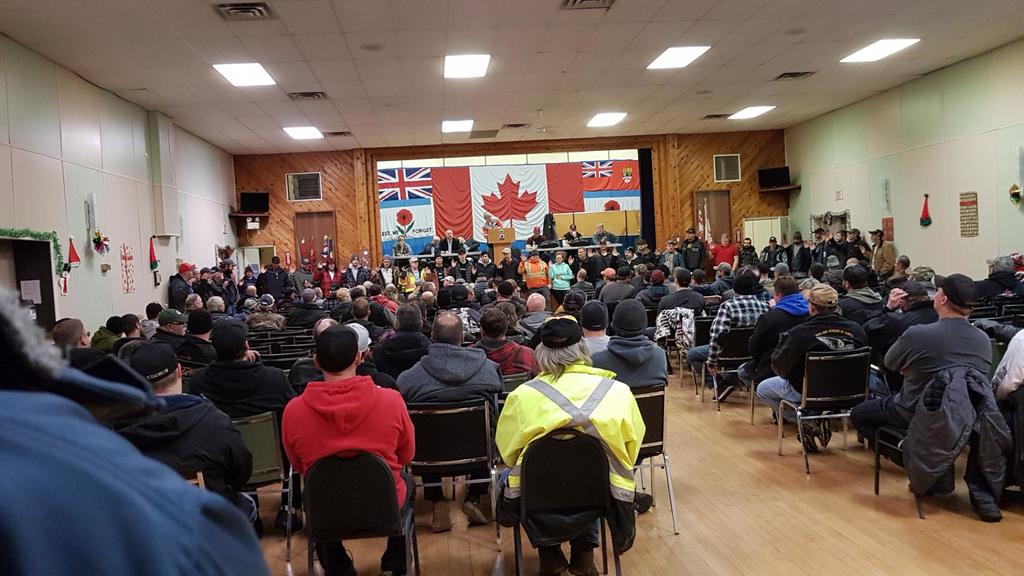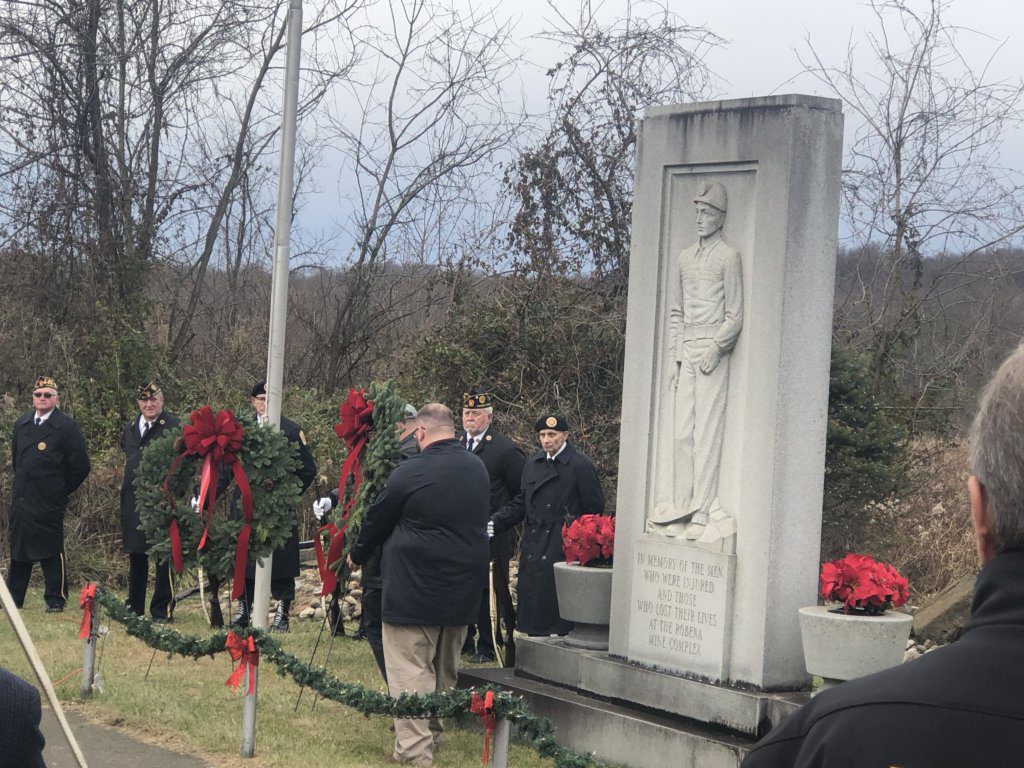Source: Pittsburgh Post Gazette
January 2, 2019
It took more than four years of lobbying and pleas for help, but the nation’s retired and active coal miners finally got what they very much deserve — reassurance that their pensions would remain intact.
Included in the federal spending plan signed by President Donald Trump was the bipartisan American Miners Act, a bill that will use excess funds from a federal abandoned mine reclamation program to strengthen the United Mine Workers of America retirement plan.
The funding couldn’t come a moment too soon for the UMWA plan that was headed for insolvency by 2022. With the coal industry in a downward spiral, the pension plan faced nearly insurmountable challenges — huge investment losses from the 2008 financial crisis, dozens of coal company bankruptcies and continuing layoffs.
In 2017, only about 10,000 active miners were paying into the fund, while nearly 120,000 were drawing pension checks, including 13,000 retirees in Pennsylvania. About $15 million goes into the fund a year — from workers and coal companies — but payouts total about $600 million.
UMWA officials, worried that the pension fund was headed to the financial brink, rallied support in 2015 from senators in coal-mining states, including Sen. Joe Manchin, D-W.Va., and Sen. Bob Casey, D-Pa. The proposal to use funds from the abandoned mine program, though supported by many lawmakers, stalled because Republican leadership questioned supporting a bailout for a labor union. Miners and union officials have spent the last four years convincing lawmakers that the need is real and immediate.
Many multi-employer pension funds managed jointly by labor unions and employers find themselves in financial peril. The UMWA situation is unique in that widespread job cuts can be traced directly to stricter environmental regulations and the move to natural gas as a cleaner-burning fuel source. Using funds from the abandoned mine program to shore up the pension fund is the logical move, given that the program is funded by coal companies.
The mine workers’ pension fight underscores a bigger issue facing Congress as a growing number of multi-employer pension plans are badly underfunded. That puts further pressure on the federal Pension Benefit Guaranty Corporation, which guarantees pensions but finds itself in a precarious financial position if forced to take over those failed plans. Even more ominous for pensioners is the fact that once PBGC takes control of the plan, benefits can be cut by as much as half.
Some lawmakers held up action on the UMWA pension proposal, arguing that Congress should address the issue of all underfunded pension plans, rather than singling out one for relief. Underfunded plans certainly demand a comprehensive approach by lawmakers, but it would have been unconscionable to fail to address the impending crisis facing UMWA members.
Coal miners, for decades, have performed dangerous work that carried with it long-term health risks, all the while fueling the nation’s power plants and steel mills. A guaranteed pension is the least they deserve in retirement.




